- Who We Are
- How We Work
- Regional / Country Initiatives
- Legacy
- Core Themes
- Working Groups
- Portfolio & Results
- Newsroom
- Resources
Child Marriage: A Hidden Consequence of Climate Change
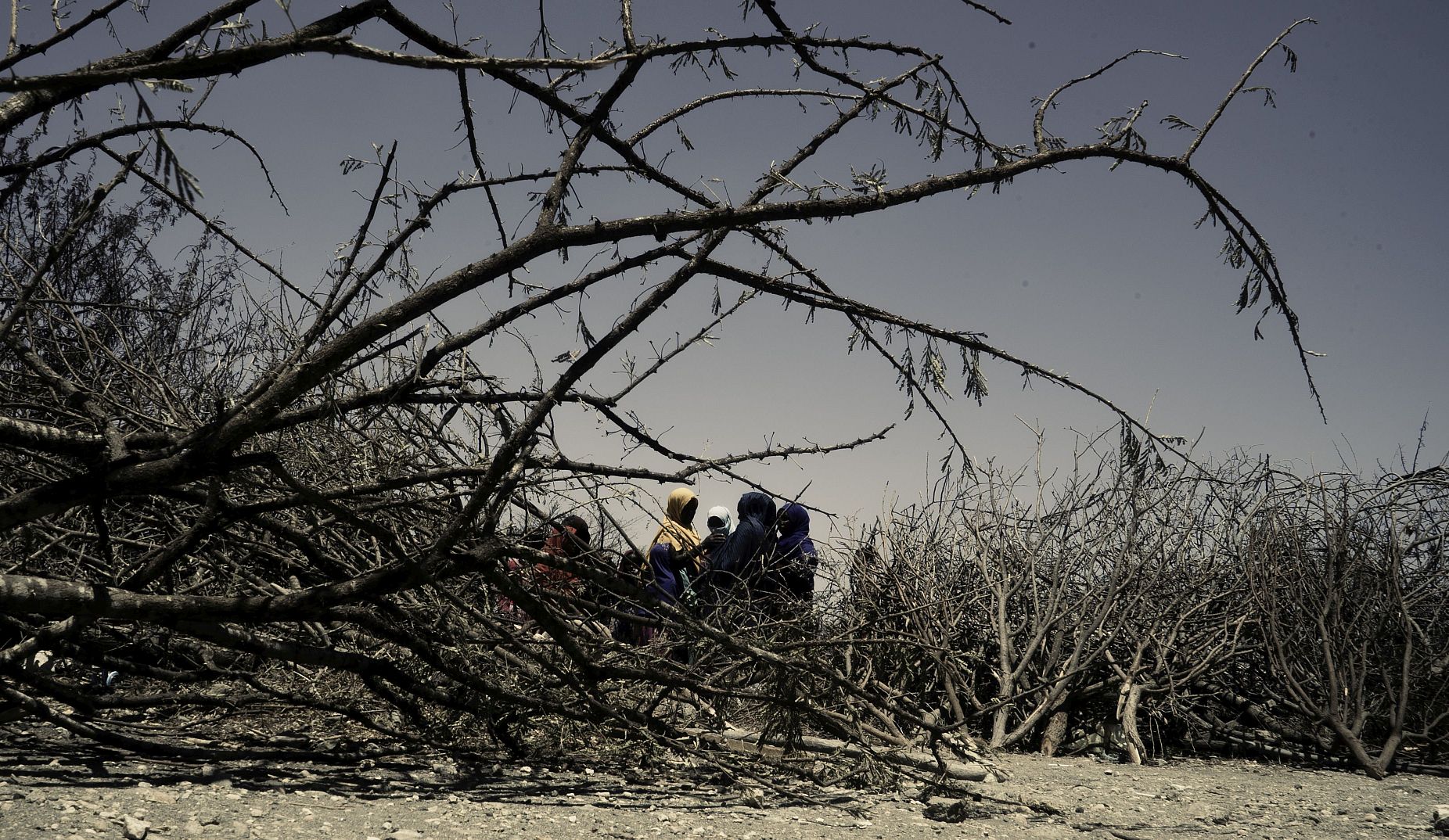
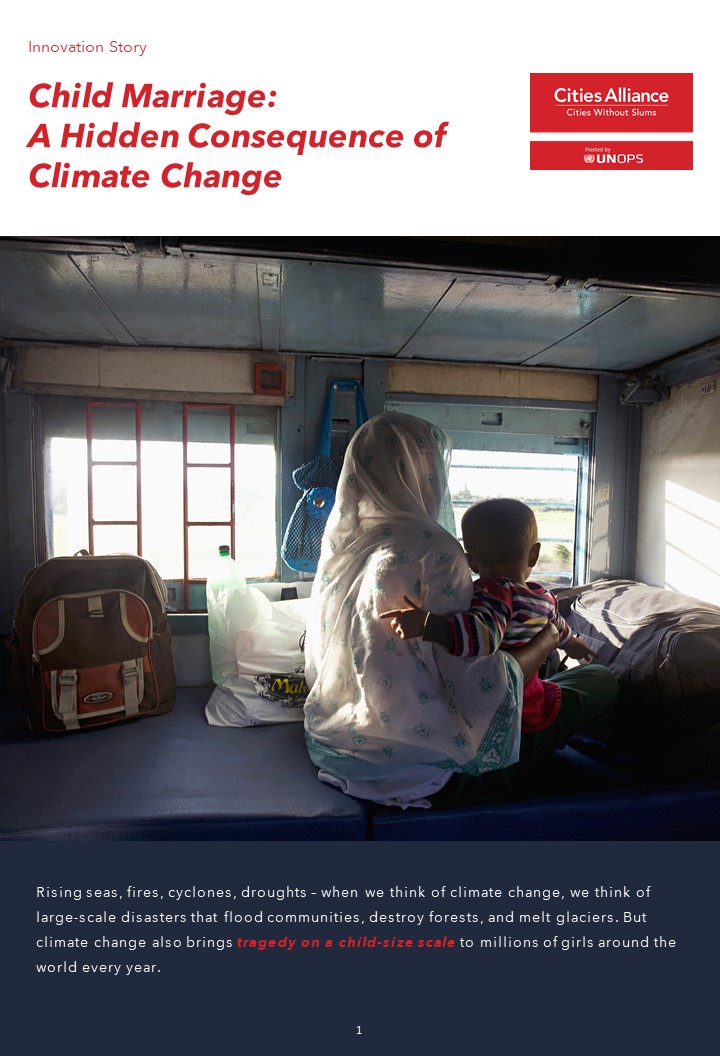
Rising seas, fires, cyclones, droughts – when we think of climate change, we think of large-scale disasters that flood communities, destroy forests, and melt glaciers. But the climate crisis is also putting millions of girls around the world at increased risk of child marriage.
The United Nations recognises child, early and forced marriage (CEFM) as a human rights violation and a harmful practice that disproportionately affects women and girls globally, preventing them from living their lives free from all forms of violence. Although nations around the world had been making progress in reducing CEFM, the COVID-19 global pandemic has worsened the problem, as well as that of gender-based violence (GBV).
The prevalence of CEFM remains high in areas of sub-Saharan Africa and South Asia, especially in humanitarian and emergency settings such as displacement camps that emerge in the aftermath of climate-related disasters or because of armed conflicts.
The incidence and risk of CEFM are much greater in humanitarian crises, due to poverty, insecurity, gender inequality, increased risks of sexual and gender-based violence, breakdown of rule of law and state authority, and lack of access to education, among others.
In Somalia, flooding displaced over million people in the last year alone. In the Marka district of Lower Shabelle, Somalia, where torrential rains can bring catastrophic flooding, drought and other disasters, displaced families may spend months or even years in crowded refugee camps.
I was displaced from my village because locusts devoured our farm last season. We were hoping to harvest our crops but we faced severe water shortages. The few lines of sorghum we planted died due to the drought. We feel hot during the day, and cold at night. Three of our children are sick. We are living under a tree.
Mumino Abdikadir Mohamed, displaced resident of Marka, Somalia
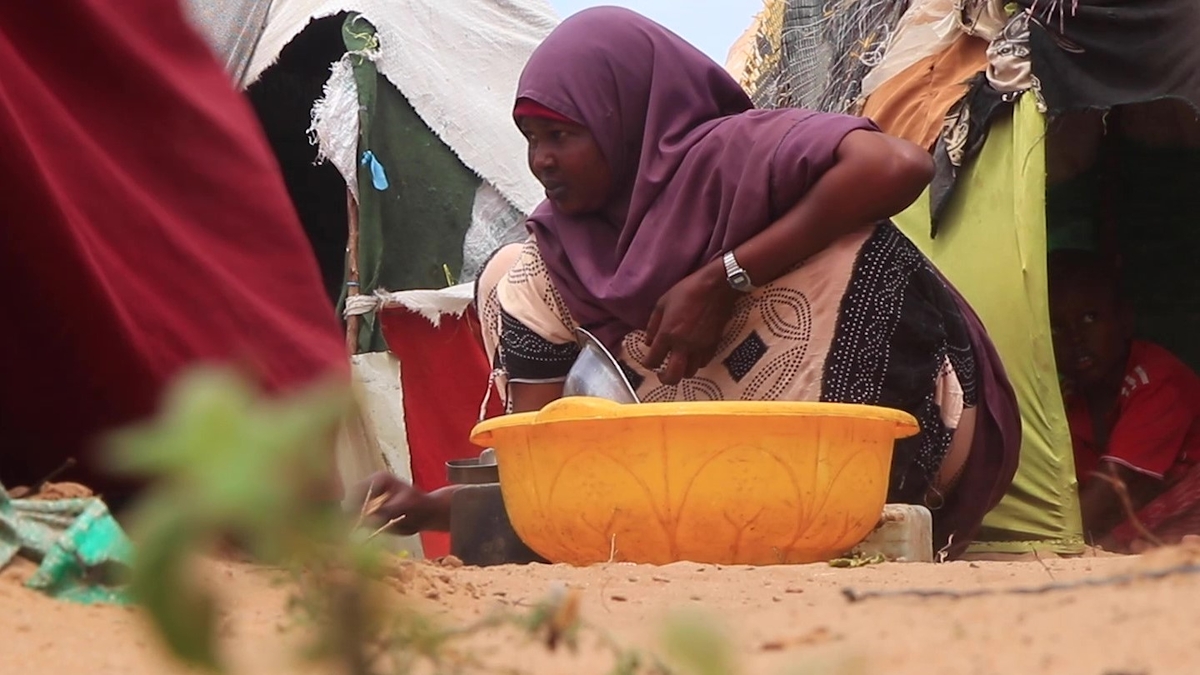
Tackling child marriage through improved climate resilience
Action for Women and Children Concern (AWCC), a grassroots Somali NGO, leads an initiative to help communities become more resilient to the type of climate-related disasters that forces people to leave their homes. This is one of the locally-led climate adaptation projects supported by Cities Alliance, in the Horn of Africa and the Bay of Bengal, in partnership with the Swedish Development Cooperation Agency (Sida), and the German Federal Ministry of Economic Cooperation and Development (BMZ).
A key focus of the AWCC project is to educate people about cost-effective ways to help their communities become more aware of climate change and more resilient to climate-induced disasters. AWCC works with local partners to develop an SMS alert system using mobile phones, as well as alerts through local radio stations. The early warning system is designed to inform the community about impending floods and other events before they strike, enabling people to take action ahead of time.
Communities that are not displaced are more likely to maintain girls in school compared to households who have been displaced, either by climate effects, floods, or droughts.
Ahmed Hassan, Founder, Action for Women and Children Concern (AWCC) Somalia
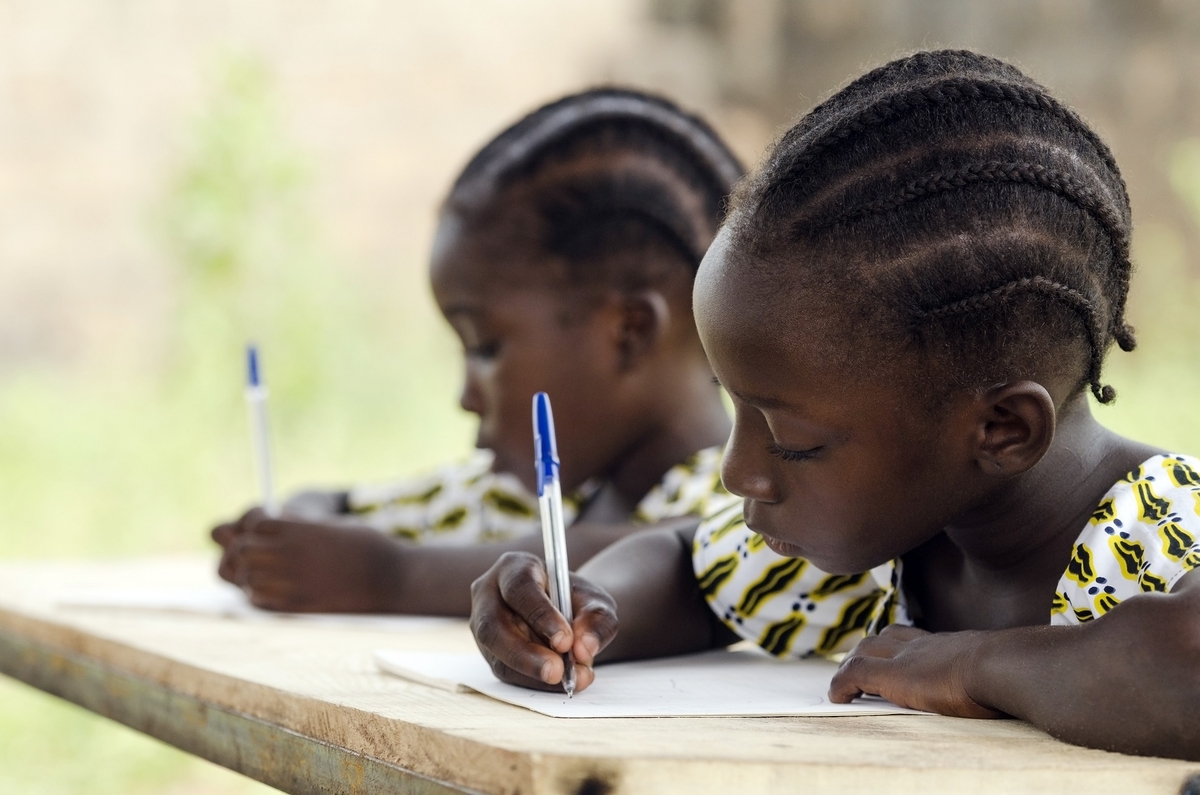
However, climate-related disasters exacerbate the prevalence of CEFM in Somalia, as AWCC Founder Ahmed Hassan explains. For example, increased droughts or flooding affect community livelihoods; thus, it is common for families to try to remove the 'burden' of female children through marriage.
The consequence of floods is food insecurity, and food insecure families are highly susceptible to disowning their young girls to men in urban areas. Men returning from Europe or America with a good amount of money, but also well-off people from Somalia, who take advantage of the vulnerability of those households.
Ahmed Hassan, AWCC Somalia
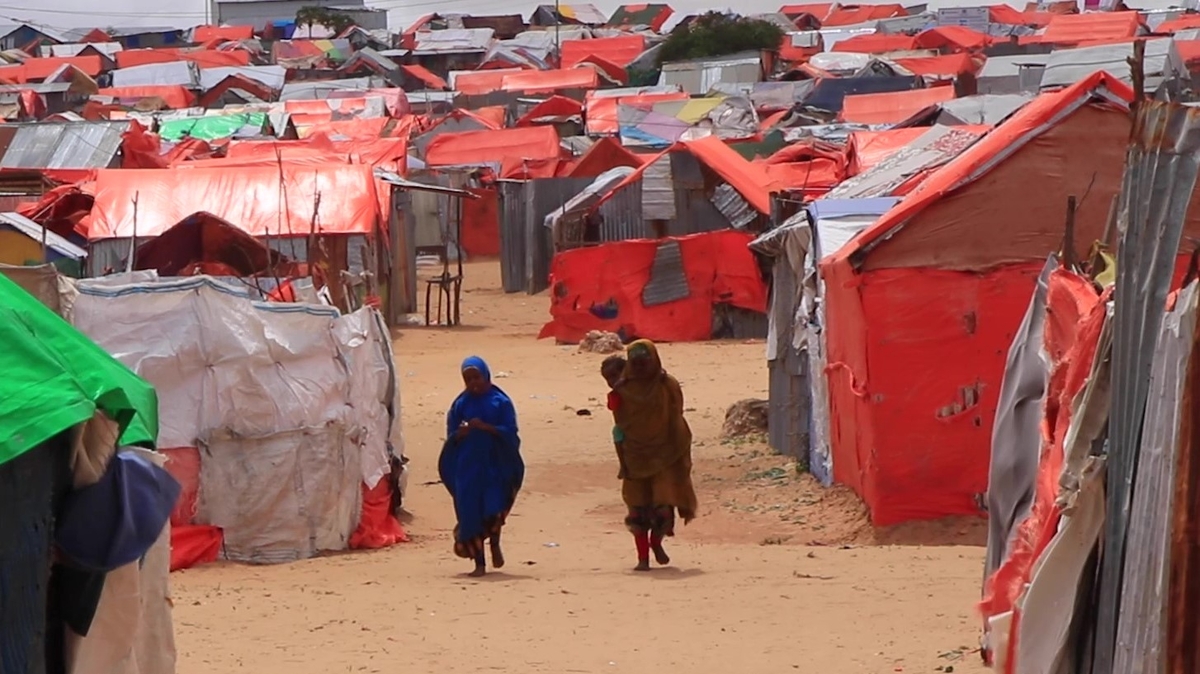
The AWCC project has partnered with women´s groups to ensure that community climate resilience plans include GBV prevention strategies and has established measures to ensure the safety and dignity of women involved. The AWCC project has also introduced training in inclusive community-based disaster risk management to help increase community resilience to climate-induced shocks, and women are included in all phases of this effort.
As climate-related events continue to intensify, new methods and technologies and more inclusive responses will be important for helping communities proactively manage and reduce climate-related disaster risks. And by helping communities become more resilient, the AWCC project is also helping to protect the futures of girl children in Somalia.
